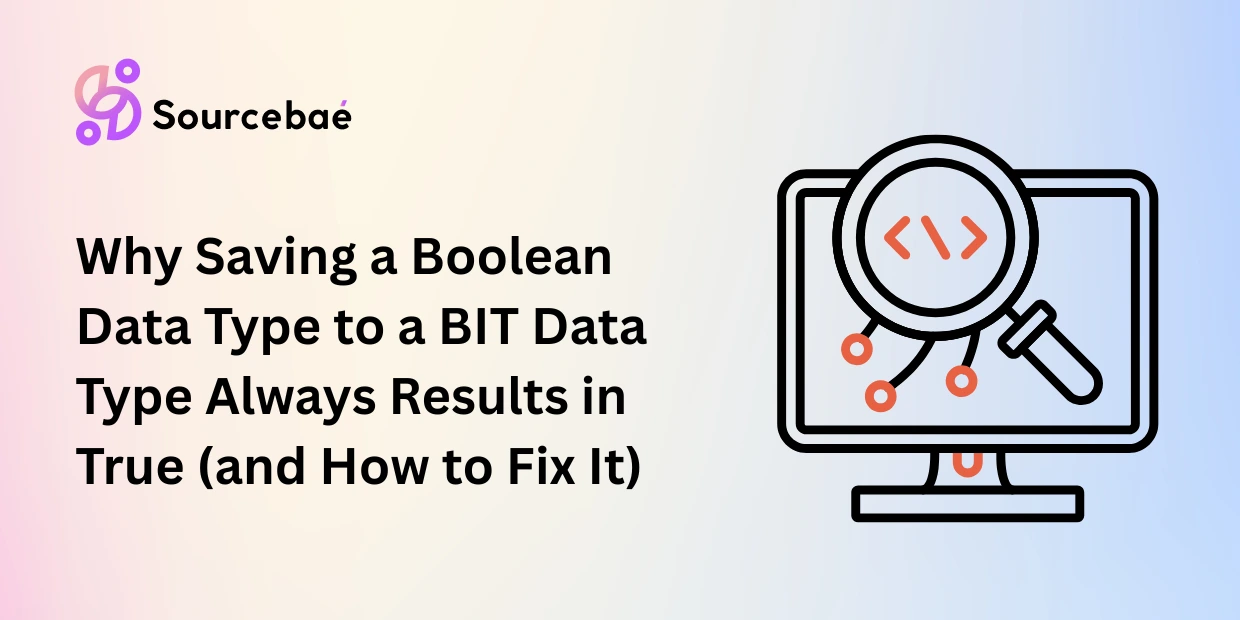Freelancing has become a popular way for professionals to showcase their expertise, take control of their schedules, and enjoy the flexibility of remote work.
As the demand for web development continues to grow, the choice of programming language becomes crucial.
NodeJS, a JavaScript runtime built on Chrome’s V8 engine, has gained significant attention.
In this article, we’ll delve into the question: Is NodeJS good for freelancing? By examining its advantages, use cases, and potential challenges, you’ll gain a better understanding of whether NodeJS is the right fit for your freelancing endeavors.
Is NodeJS Good for Freelancing?
NodeJS has emerged as a powerful and versatile platform for web development. Its unique features make it an attractive choice for freelancers looking to deliver high-quality projects efficiently. Here’s why NodeJS can be a valuable asset in your freelancing toolkit:
Fast and Efficient
NodeJS’s non-blocking, event-driven architecture allows for seamless execution of code, making it exceptionally fast. Freelancers can build responsive web applications that handle numerous requests concurrently, enhancing user experiences.
JavaScript Proficiency
For freelancers with a strong foundation in JavaScript, transitioning to NodeJS is relatively smooth. The ability to use JavaScript both on the front-end and back-end simplifies development and reduces the learning curve.
Rich Package Ecosystem
NodeJS boasts a vast repository of open-source packages through the Node Package Manager (NPM). Freelancers can leverage these pre-built modules to accelerate development, ensuring quicker turnaround times for clients.
Real-time Applications
NodeJS’s real-time capabilities are ideal for freelancers developing applications that require instant data updates, such as messaging apps and collaborative tools.
Scalability
NodeJS’s scalability is a significant advantage for freelancers working on projects that might experience sudden traffic spikes. Its ability to handle concurrent connections efficiently ensures smooth performance under varying workloads.
Cross-Platform Compatibility
NodeJS’s cross-platform nature allows freelancers to develop applications that run smoothly on different operating systems, reducing compatibility issues and expanding the potential user base.
Use Cases: Where NodeJS Shines in Freelancing
NodeJS’s versatility lends itself to various freelancing projects. Here are some use cases where NodeJS can truly shine:
1. Real-time Chat Applications
NodeJS’s event-driven architecture makes it an excellent choice for building real-time chat applications. Freelancers can create interactive and dynamic chat interfaces that update in real time.
2. E-commerce Platforms
For freelancers developing e-commerce platforms, NodeJS’s ability to handle multiple connections simultaneously ensures smooth browsing and quick checkouts, enhancing user satisfaction.
3. Single Page Applications (SPAs)
NodeJS’s lightweight nature and efficient data exchange make it perfect for building SPAs. Freelancers can create fluid and responsive user interfaces for clients looking to offer exceptional user experiences.
4. Collaborative Tools
Freelancers working on collaborative tools such as project management platforms can benefit from NodeJS’s real-time capabilities. Updates, comments, and notifications can be delivered instantly to all team members.
5. Streaming Applications
NodeJS’s event-driven architecture is well-suited for developing streaming applications like video conferencing and live streaming platforms. Freelancers can ensure uninterrupted, high-quality streaming experiences for users.
Considerations and Challenges
While NodeJS offers numerous advantages, freelancers should also be aware of potential considerations and challenges:
1. Single-Threaded Nature
NodeJS’s single-threaded nature can lead to performance bottlenecks if not managed correctly. Freelancers must employ strategies like clustering to fully utilize multi-core processors.
2. Callback Hell
Managing asynchronous operations through callbacks can lead to complex and hard-to-maintain code, commonly known as “Callback Hell.” Freelancers should explore alternatives like Promises or async/await to mitigate this issue.
3. Learning Curve
For freelancers new to JavaScript or asynchronous programming, NodeJS’s concepts may initially be challenging. However, investing time in learning these concepts can lead to significant long-term benefits.
FAQs
Q: Can I use NodeJS for building mobile applications in freelancing?
A: While NodeJS itself is not used for building mobile applications, it can be employed as the back-end to support mobile app APIs and real-time features.
Q: Is NodeJS suitable for CPU-intensive tasks in freelancing projects?
A: NodeJS is more suited for I/O-intensive tasks due to its event-driven architecture. For CPU-intensive tasks, other languages like Python or Go might be better choices.
Q: How can I handle security concerns when using NodeJS for freelancing?
A: Freelancers should follow best practices such as input validation, using security libraries, and keeping dependencies updated to ensure the security of NodeJS applications.
Q: Can I deploy NodeJS applications on shared hosting platforms?
A: Shared hosting platforms may not be ideal for NodeJS applications due to their specific runtime requirements. Dedicated or virtual private servers are recommended for better performance and control.
Q: Are there alternatives to NodeJS for freelancing projects?
A: Yes, alternatives like Django (Python), Ruby on Rails (Ruby), and Express.js (NodeJS) are suitable for freelancing projects, depending on your expertise and project requirements.
Q: Can freelancers use NodeJS for IoT (Internet of Things) projects?
A: Absolutely, NodeJS’s non-blocking architecture is well-suited for handling asynchronous tasks in IoT projects, making it a popular choice among freelancers.
Conclusion
In the realm of freelancing, the choice of technology can significantly impact project success. NodeJS’s unique features, including its efficiency, JavaScript proficiency, and robust package ecosystem, make it a compelling option for freelancers. Its versatility spans across various use cases, from real-time applications to streaming platforms. While considerations like its single-threaded nature and potential learning curve exist, freelancers who invest time in mastering NodeJS can reap its benefits and build remarkable projects that stand out in the competitive freelancing landscape.
So, is NodeJS good for freelancing? The answer is a resounding yes. With its ability to deliver high-performance applications, real-time features, and cross-platform compatibility, NodeJS can elevate your freelancing journey and empower you to tackle a diverse range of client projects with confidence.






